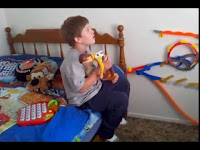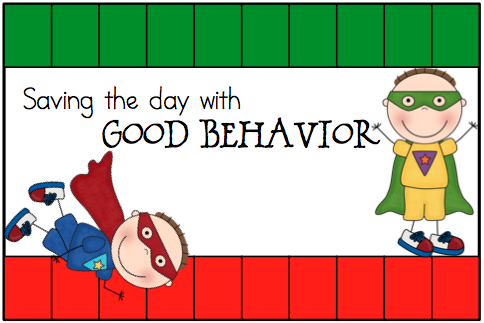How To Lessen Power Struggles: Tips for Parents of Kids on the Autism Spectrum

“I have a 12 year old boy with high functioning autism …we just got the news 2 weeks ago after many years of …'oh it’s this', 'oh maybe this' …so now we're at autism. We are at our breaking point with him. So here goes... He is very defiant and out of control …he cusses a lot and does inappropriate things …like tonight he peed in a soda can and said his brother did it. When I cleaned his bathroom, he had written ‘f*** you’ on the wall. He has no respect for anything or anyone. He follows NO rules and we can’t get him to do anything. I don’t know what to do or where to go to get help! Where do we even start?” Defiance is a strange animal for sure. What if I told you that your son isn’t trying to be a pain in the ass, but rather using some of these disturbing behaviors as a coping mechanism? 1- Your first step is to investigate and try to discover your son’s underlying insecurities and vulnerabilities. His oppositional behavior starts with feeling insecure.




